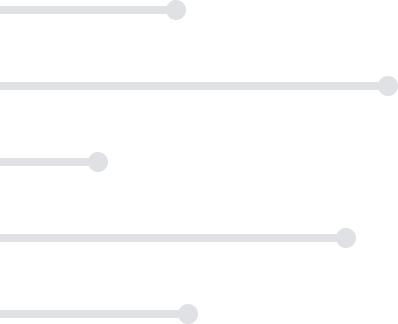
$79
Plus membership
NA Credits
All courses include:
eTextbooks
2 to 3-day turnaround for grading
Multiple chances to improve your grade
On-demand tutoring & writing center
Student support 7 days a week
$79
Plus membership
NA Credits
All courses include:
eTextbooks
2 to 3-day turnaround for grading
Multiple chances to improve your grade
On-demand tutoring & writing center
Student support 7 days a week
Developmental Writing
$79
Plus membership
NA Credits
About This Course
Developmental Writing examines the fundamental process, theories, and methods needed to enhance your overall writing ability. This college prep course provides various strategies for writing within multiple disciplines and professions.
What You'll Learn
Appreciate the skill of writing as a form of critical thinking.
Describe the steps in the writing process.
Define “draft” and identify key differences between writing a first and final draft.
Revise paragraphs and essays to be clear and concise.
Edit sentences to improve clarity and eliminate errors.
Use appropriate and vivid word choices to express ideas.
Develop and explain the differences between a topic sentence and a thesis statement.
Develop sensory details and write a descriptive narrative paragraph.
Create a relationship between causes and effects; write a cause and effect paragraph.
Develop a strong definition paragraph through contrast, explanation, and other techniques.
Write a comparison and contrast essay using subject-by-subject or point-by-point methods.
Compose an original argument essay that acknowledges and appeals to the audience’s viewpoint.
Identify and describe the main factors for developing a good résumé and cover letter.
Respond to essay exam prompts clearly and concisely.
Explain the research process and conduct research to explore a specific topic.


Your Life, Your Schedule, Your Education
Transfer into over 3000+ institutions that accept ACE courses or transfer directly into 180+ partner schools.
REQUEST INFORMATION
Learn the basic principles of effective college-level writing, including drafting and revising sentences, paragraphs, and essays. This online Developmental Writing course prepares you to meet basic college-level writing requirements.
There are no prerequisites to take Developmental Writing.
| Topic | Subtopics |
|---|---|
| Grammar |
|
| Word Use |
|
| Writing the Sentence |
|
| Writing the Paragraph |
|
| Write to be Read |
|
| Writing Process |
|
| Point & Specific Evidence |
|
| Description and Narration |
|
| Definition |
|
| Cause and Effect |
|
| Essay Development |
|
| Comparison and Contrast |
|
| Exams |
|
| Résumés and Cover Letters |
|
| Research |
|
| Argumentation |
|
Your score provides a percentage score and letter grade for each course. A passing percentage is 70% or higher.
Assignments for this course include:
- 16 Graded Exams
This course does not require an eTextbook.
Developmental Writing students also take:
Helpful resources:







